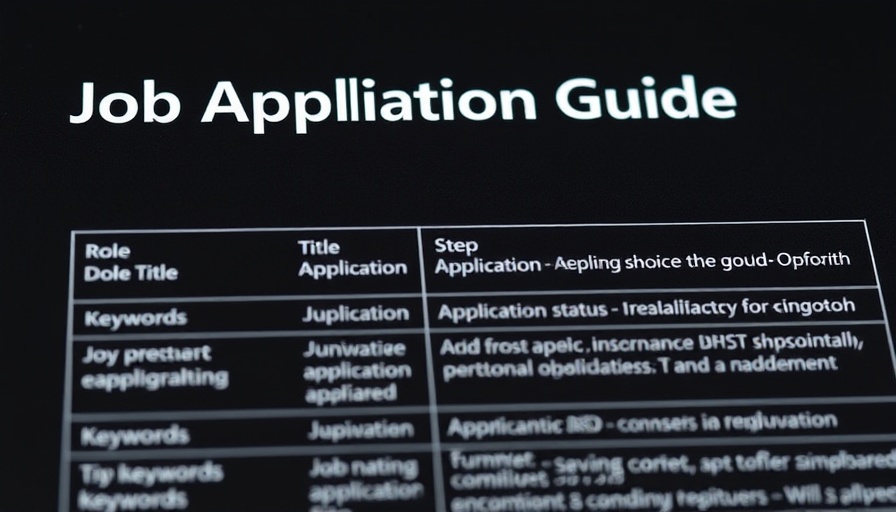
Aftermath of Airstrikes: What Lies Ahead for Iran?
The recent military actions against Iran by the United States have sent ripples of uncertainty throughout the geopolitical landscape. On June 21, 2025, U.S. forces launched bombings targeting three nuclear sites in Iran, a decision rooted in longstanding fears surrounding Iran's potential to develop nuclear weapons. Ian Bremmer, a notable geopolitical analyst, notes that the U.S. and Israel have historically viewed Iran's nuclear ambitions as a major threat, prompting a military response after diplomatic and economic strategies appeared to stall.
In 'The US Bombed Iran. Now What?', the discussion dives into the recent geopolitical events stemming from U.S. military actions, exploring key insights that sparked deeper analysis on our end.
Decoding U.S.-Israeli Relations
The alignment between former President Trump and Israeli Prime Minister Netanyahu has been a focal point of Middle East dynamics. Support for Israel has traditionally been a cornerstone of U.S. foreign policy, but as Trump's administration escalated military actions against Iran, it's worth questioning how this would be perceived domestically. Bremmer highlights that while there is significant support for Israel in the U.S., there are also sentiments of isolationism among Trump's base, who are wary of entangling in endless military conflicts. Striking a balance between showing military strength and not appearing to enter a prolonged war will be a complex challenge for the Trump administration moving forward.
Regional Responses: The Iranian Factor
The Iranian government, upon facing U.S. bombings, has been quick to galvanize national sentiment. Despite being on the defensive, Tehran has harnessed nationalist feelings in reaction to the attacks, positioning itself as a bulwark against American 'aggression.' Iran's response has included rhetoric promising retaliation, and there are indications of potential proxy engagements with their regional allies. Bremmer also warns that while military leaders in Iran may be constrained in their decision-making due to sanctions and U.S. actions, unpredictable responses could emerge from the more junior-level commanders as they navigate the chaos of war.
Geopolitical Landscape Transformation
The current events have also reshaped the landscape affecting other nations. Gulf States, while publicly cautious, recognize a general comfort with U.S. and Israeli actions against Iran in efforts to curb its military capabilities. Bremmer emphasizes that if Iran proceeds to actually disrupt major shipping routes like the Straits of Hormuz, the resultant military responses could be catastrophic—not just for Tehran but for global economies dependent on oil trade from the region. This could further strain U.S.-Iran relations and tip the already fragile balance of the Middle East.
Future Predictions: Navigating Through Uncertainty
What lies ahead is difficult to ascertain. As the U.S. military has increased its presence in the region post-attack, the spotlight is on Iran's next moves and how it might retaliate. The likelihood of regional escalations remains high unless both parties opt for restraint. Discussions around potential negotiations between the U.S. and Iran should not be abandoned, as both nations ultimately have vested interests in reducing hostilities to avoid broader conflict, leading to what Bremmer describes as a precarious balancing act.
Conclusion
This unfolding situation poses challenges not only for Iran but for U.S. foreign policy and the broader geopolitical landscape. As tensions simmer, the responses from world leaders and their strategies moving forward will be crucial in either escalating conflict or tossing lifelines toward diplomatic resolutions.
 Add Row
Add Row  Add
Add 




Write A Comment